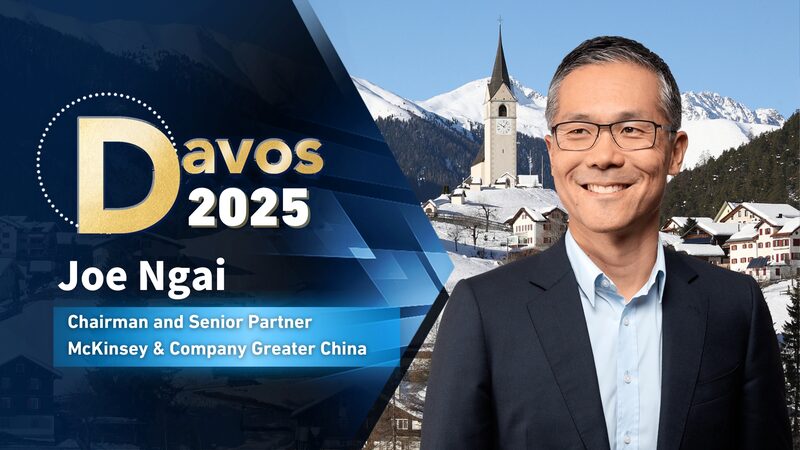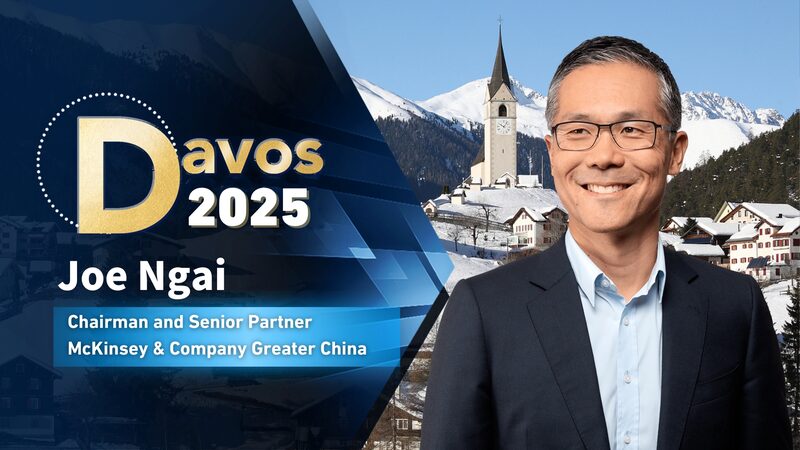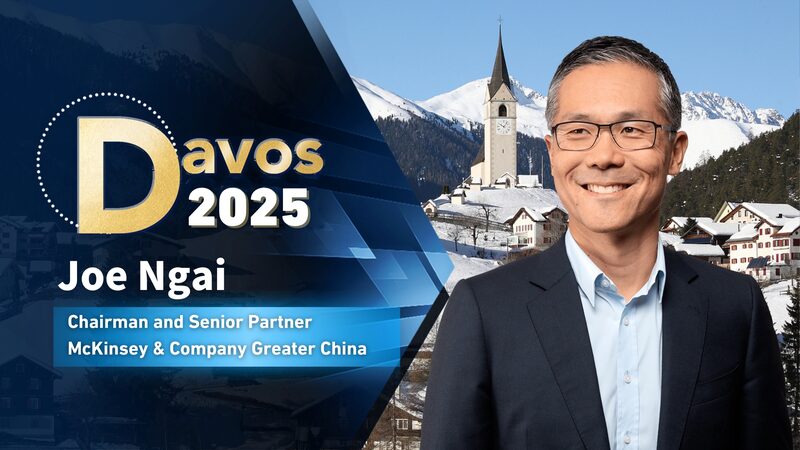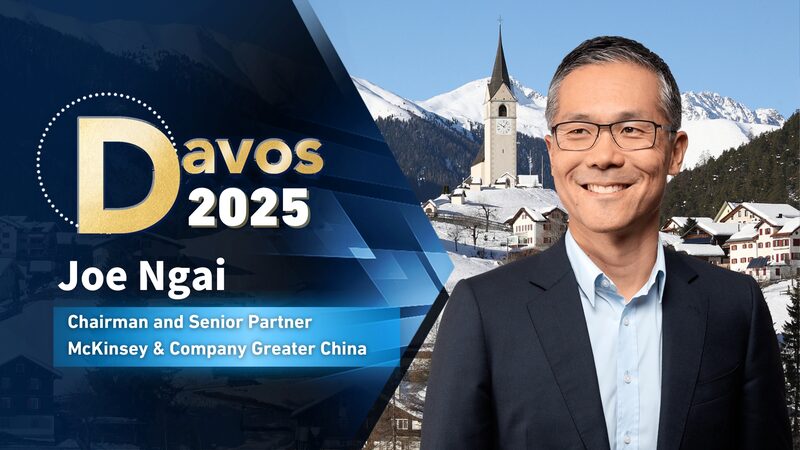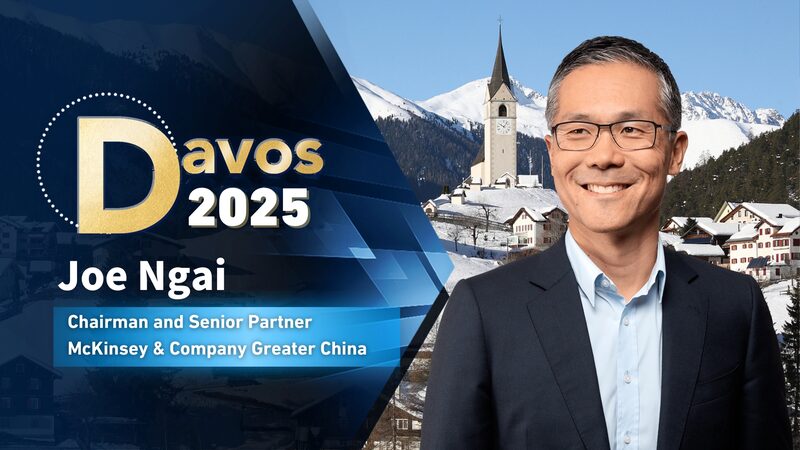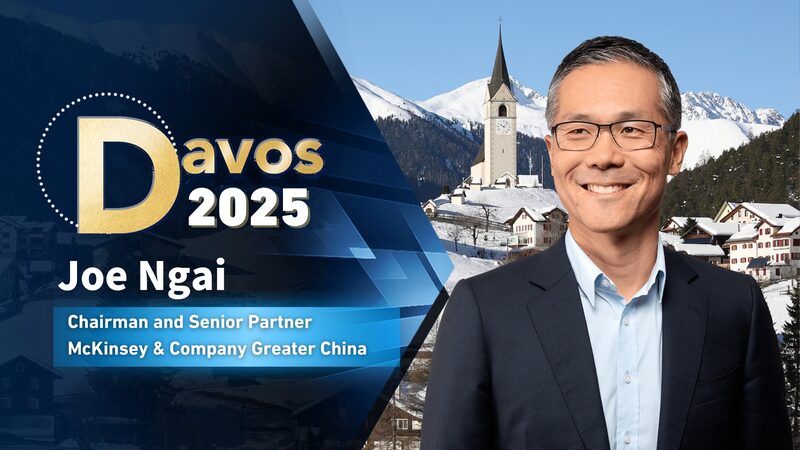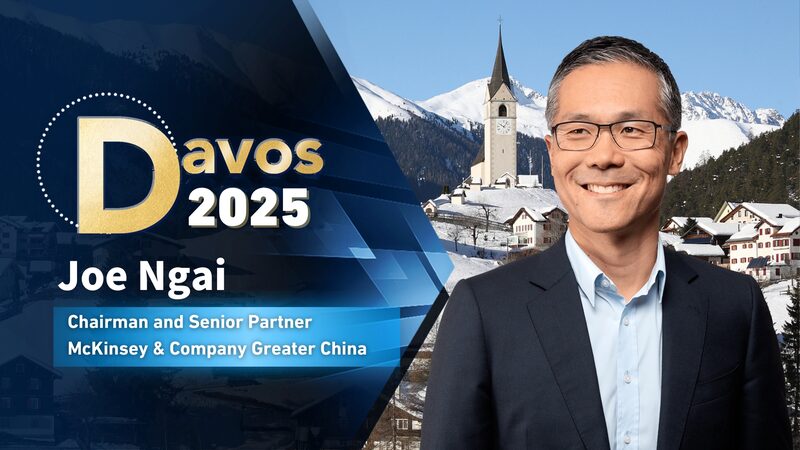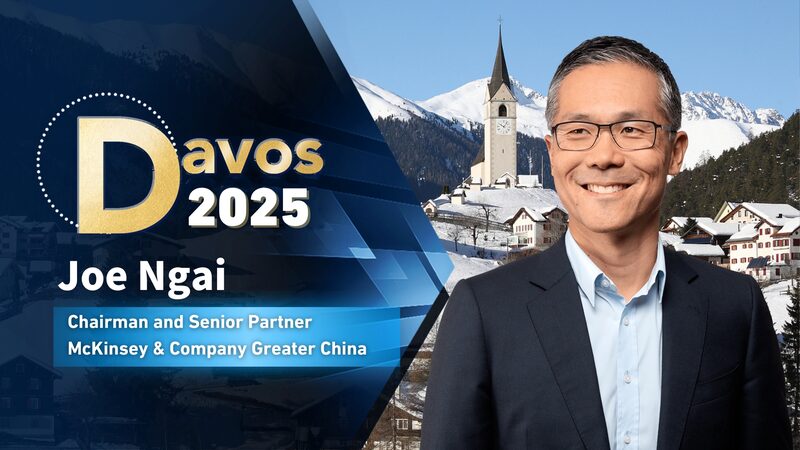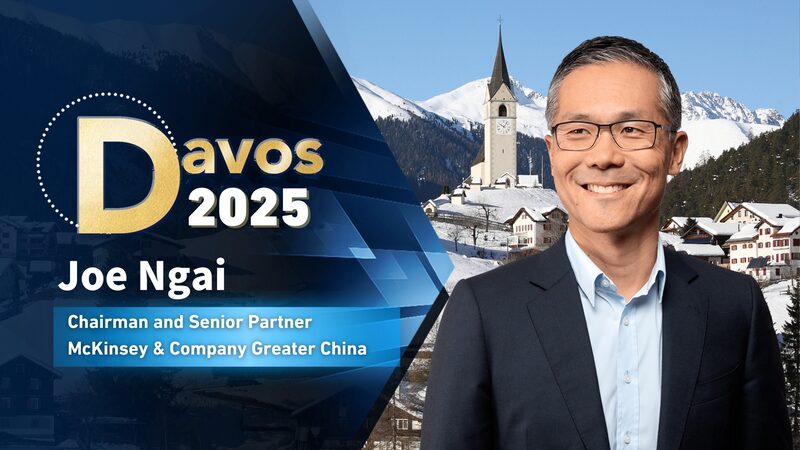At the 2025 World Economic Forum in Davos, Joe Ngai, chairman of McKinsey Greater China, addressed global leaders on the rising geopolitical tensions impacting the global economy. Ngai emphasized that these tensions have introduced significant uncertainty into international markets.
\"Geopolitical friction has become a dominant force, reshaping how businesses operate across borders,\" Ngai stated. \"Trade barriers and tariffs are leading to a restructuring of the global trade landscape.\"
He predicted that companies worldwide will need to adapt to this new environment, with supply chains becoming more localized and diversified to mitigate risks. Despite these challenges, Ngai expressed optimism about the Chinese mainland's economic resilience.
\"The Chinese mainland continues to demonstrate robust economic growth,\" he emphasized. \"Its increasing influence on the global stage presents both opportunities and challenges that businesses must navigate carefully.\"
Ngai urged global enterprises to prepare for volatility by embracing innovation and fostering stronger regional collaborations. He noted that staying agile and responsive to shifting economic landscapes will be crucial for success in the coming years.
\"In this era of uncertainty, those who can adapt swiftly will not only survive but thrive,\" Ngai concluded.
Reference(s):
McKinsey China: Businesses prepared for volatility and uncertainty
cgtn.com
